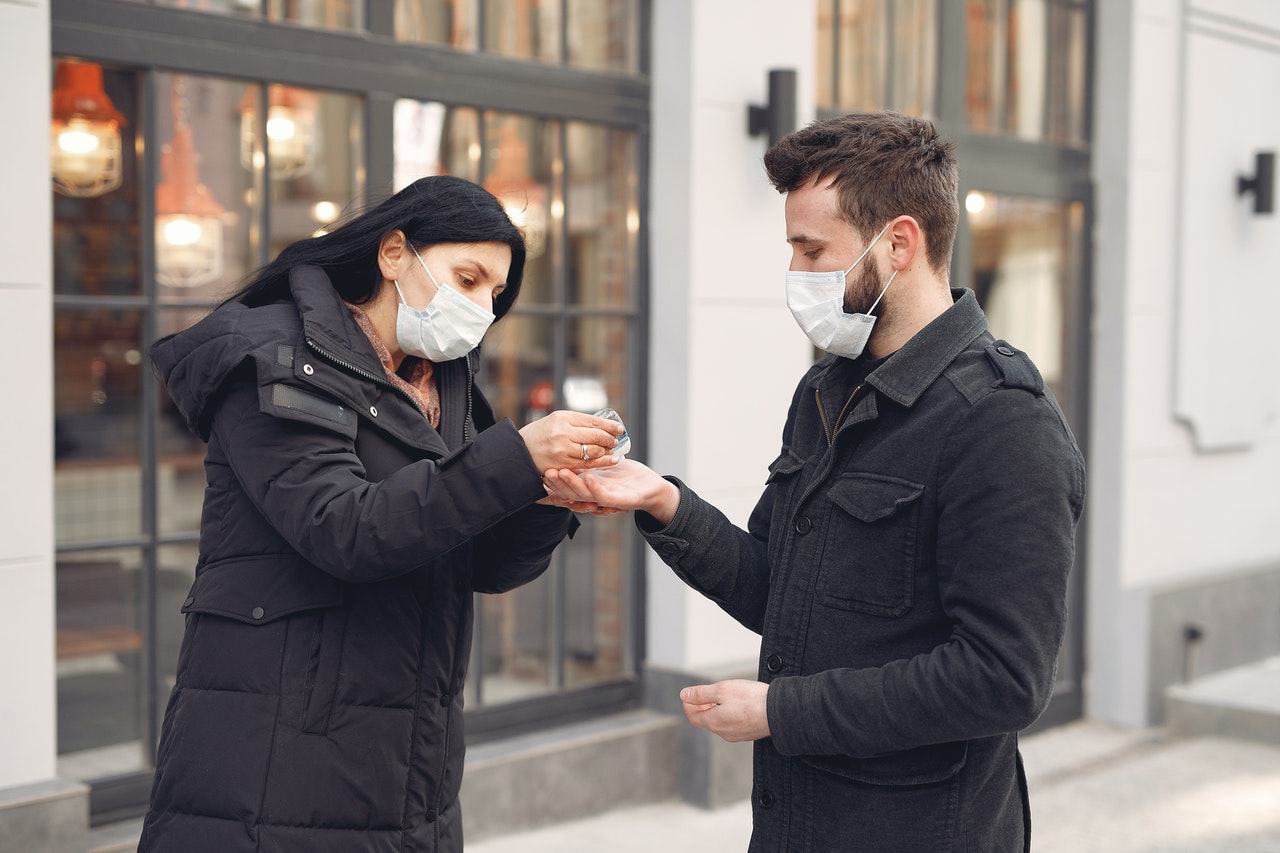Londoners should not listen to “scare stories” of an impending local lockdown in the wake of fresh coronavirus restrictions in Leicester, the Deputy Mayor for Resilience has said.
Dr Fiona Twycross – who is leading London’s response to Covid-19 – said infection rates in the capital remain low.
On Tuesday, Leicester became the first part of Britain to reenter strict lockdown after coronavirus cases spiked – with 10 per cent of infections last week occurring in the East Midlands city.
Non-essential shops have been closed, residents have been ordered to stay home – and pubs and restaurants will not reopen as planned elsewhere in England on Saturday (4 July).
But reports that restrictions could soon be returning in London are based on a poor understanding of infection data, Dr Twycross claimed.
It came as new figures revealed the rate of coronavirus infections in Hammersmith and Fulham have almost doubled in a week, meaning it is now the worst affected London borough.
Neighbouring Hounslow, Ealing and Kensington and Chelsea are also among the hardest hit areas, suggesting west London is now bearing the brunt of the virus.
NOW READ: UK must learn climate change lessons from Covid-19 pandemic
Hammersmith was one of fifteen London boroughs that saw infections rise last week, according to Public Health England.
But rising rates of the virus do not mean London is heading towards imminent local lockdowns, the Deputy Mayor stressed.
Transmission rates in the capital remain low – Hammersmith and Fulham is twenty-third on the list of worst affected councils in England, with an estimated 12.4 cases per 100,000 people.
By contrast, Leicester has 141.3 per 100,000 – more than ten times as many cases relative to the population size.
“This week there have been loads of scare stories about what might happen in London based on an insufficient understanding of what R-rates mean, and of what data is out there,” Dr Twycross said.
Figures on the virus are “clearly very important”, she added – but people must have “access to data they can understand”.
For the latest headlines from the City of London and beyond, follow City Matters on Twitter, Instagram and LinkedIn.








